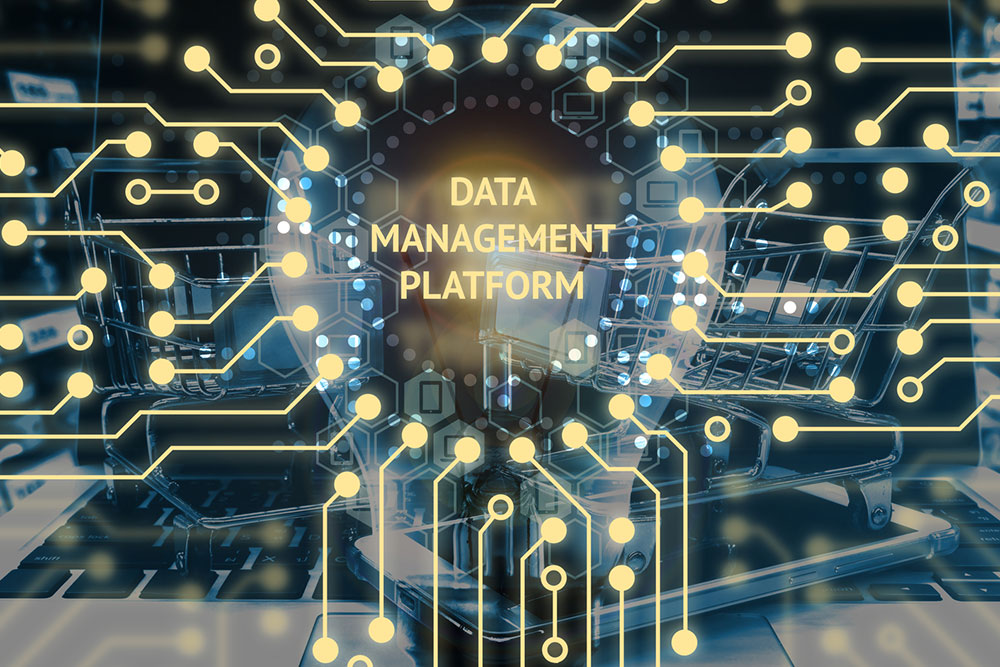Identity and Access Management Software – Features and Benefits
Organizations are massive information hubs. They possess large quantities of data about their finances, client records, employee information, market trends, stock status, and a host of other things. This information is incredibly valuable and extremely confidential. Also, not all the data needs to be accessible to every employee in the organization. Only employees at specific levels need access to specific databases of information. A centralized identity and access management software makes this possible.

What is identity and access management software?
In today’s work culture, hybrid work is a key aspect. This means employees can access an organization’s resources, such as files, apps, and data, through different devices and locations. In the past, when most employees worked on-site, company resources were safely stored behind a firewall. This firewall acted as an access regulator and enabled authorized people to access the data meant for them to use.
Today, employees use company resources, such as data, databases, emails, apps, and confidential documents, on their professional laptops while working from home or other locations. A firewall alone is not secure enough to cover the security needs of today’s work culture. This is why the IT departments in organizations use a centralized system called identity and access management software to control user access and regulate their digital IDs and passwords.
Integrating access management software in an organization’s Enterprise Resource Management (ERM) system enables authorized people to do their jobs by giving them access to data needed for their roles while preventing unauthorized access to hackers and other malicious elements who intend to steal and misuse the data.
Features of identity and access management software
Managing user identities
These software tools create a sole directory containing information about every employee within an organization. Once the directory is created, the software can be used to create entries and modify or delete users from the company database. Cybersecurity and IT managers in an organization can even integrate one or more directories and synchronize their information. Most importantly, these tools are used to create specialized access to an organization’s tools and documents.
Provisioning and de-provisioning users
Identity access management software enables IT departments to grant users access to specific levels (editor, viewer, administrator) according to their designation within the company. This is called provisioning users. It helps managers provision users by role, department, or other grouping after consulting with the managers of their respective departments. Just like they provision certain users, IT managers can de-provision users (or remove their access privileges) if their role or operational requirements change within the organization.
This role-based access control (RBAC) is a common security usage trend across modern organizations, especially in today’s hybrid work culture.
Authenticating users
Once the directories and provisioning data are in place, the identity access management software can automatically authenticate or de-authenticate users by confirming whether they are who they claim to be. This confirmation is usually based on multiple levels of biometrics and passwords.
Companies that use Multi-Factor Authentication (MFA) ask employees to enter their passwords and answer a secret question or use their thumbprint to unlock the information they would then be authorized to access and use.
Authorizing users
If a non-authenticated user inadvertently gains access to information that is not meant for them, the identity and access management software locks the data so that they cannot use it. The entire point of installing this software is to enable users to access only the data that the company deems safe for them to use.
Reporting
An identity and access management system or a user access management software also automatically creates periodical reports with all the information about the user directory and access history during a week or month. An organization’s IT department can scan this information to see if any untoward access has occurred during the reporting period.
In some cases, reporting also comes with the software providing recommendations to the IT department of an organization about potential weaknesses and vulnerabilities within their cybersecurity infrastructure.
Benefits of access management software
In today’s digital era, data security is critical to organizations. Companies go to great lengths to ensure their information is safe from hackers and internal threats.
Streamlines access management
As implied earlier, firewalls and cybersecurity professionals cannot compete with software built to regulate users’ digital IDs and access management within an organization. By streamlining access control, these software tools remove the element of human error from the equation.
Ease the work of security professionals
Keeping track of every log-in and log-out entry is challenging and exhausting for cybersecurity professionals. Access management software automates this task. More importantly, such tools allow security professionals to focus on more critical issues, such as managing the cybersecurity infrastructure and the overall data flow within and outside a given organization. This ensures that the organization’s data remains safe at all times.